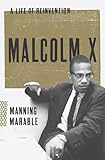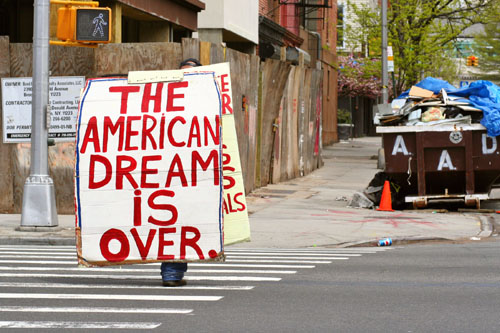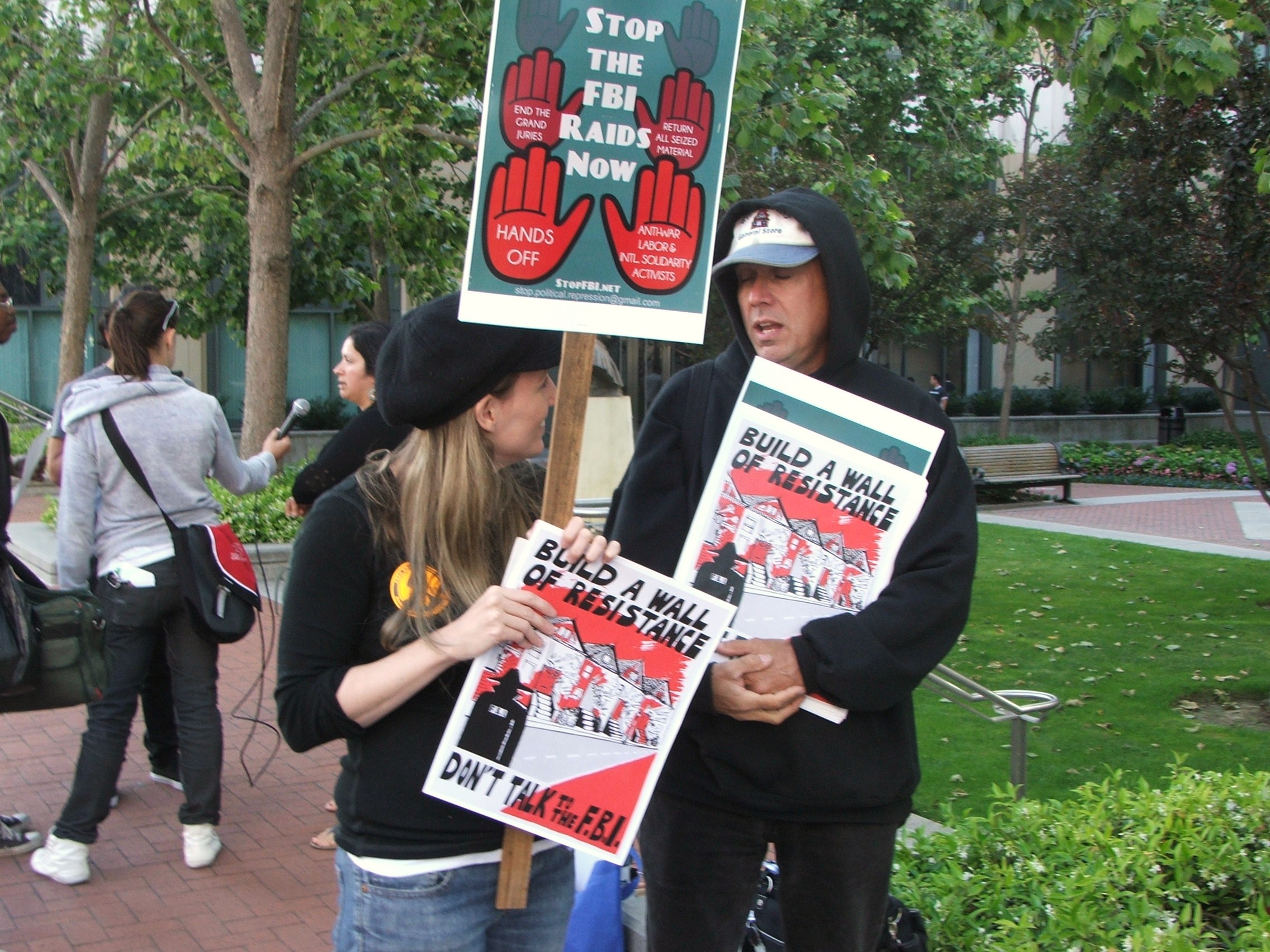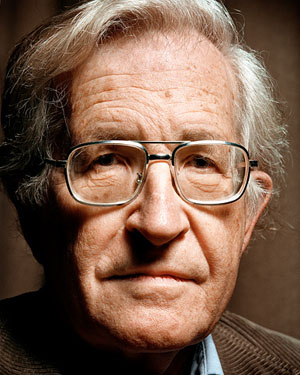Blog of the Week:

|
|
By Randy Shannon, CCDS

choice "Everyone has the right to work, to free of employment, to
just and favorable conditions of work and to protection against
unemployment."
- United Nations Universal Declaration of Human Rights, December 10, 1948
I. Introduction
The "Great Recession" that began in 2007 has caused the greatest
percent of job losses since the Great Depression of 1929. This crisis is
the end of an era of unrestrained 'neo-liberal' capitalism that became
public policy during the Reagan administration. The crisis marks a new
level of instability with the growth of a global financial elite that
targeted US workers and our trade unions after World War II. |
|
Order Our Full Employment Booklets
 |
|
Capitalism may well collapse under its own excesses, but what would one
propose to replace it? Margaret Thatcher's mantra was TINA...There Is No
Alternative. David Schweickart's vision of "Economic Democracy"
proposes a serious alternative. Even more fundamentally, it opens the
door to thinking about alternatives. His may or may not turn out to be
the definitive "successor system," but he is a leader in breaking out of
the box. |
|
Quick Links...
CCDS Discussion
|
Solidarity Economy:
What It's All About

|

When Everything Changed: The Amazing Journey of American Women from
1960 to the Present
By Gail Collins
Back Bay Books
Paperback

List Price: $15.99
Our Price: $8.78
Buy Now
|

Malcolm X: A Life
of Reinvention
by Manning Marable
Viking Adult
Hardcover

List Price: $30.00
Our Price: $14.47
Buy Now
|

Planet of Slums
by Mike Davis
Verso
Paperback

List Price: $19.95
Our Price: $8.00
Buy Now
|
|
|
|
An Invitation to CCDSers and Friends...
 End the Wars Now, End the Wars Now,
Jobs Needed at Home!
We're the Committees of Correspondence for Democracy and Socialism...Do you have friends who should see this? Pass it on...Do you have a blog of your own? Others you love to read every day? Well, this is a place where you can share access to them with the rest of your comrades. Just pick your greatest hits for the week and send them to us at carld717@gmail.com! Most of all, it's urgent that you oppose austerity, make solidarity and end the wars! We're doing more than ever, and have big plans. So pay your dues, make a donation and become a sustainer. Do it Now! Check the link at the bottom... |
|
US Mayors Tell Congress: Bring War Dollars Home

By Lisa Savage Common Dreams BALTIMORE, June 20 - Mayors from around the US met in Baltimore this week to set public policy for the millions of people living in big cities, depending on municipal services to stay safe. While Congress considered allocating another $118 billion to conduct wars next year - and President Obama absurdly maintained that the costly bombing of Libya is not an act of war, and thus not subject to Congressional oversight - mayors listened to the people. Following a lively debate about adding stronger language supporting troops and their families, and adding President Obama as a recipient, mayors voted in their June 20 plenary session to call on the federal government to stop funding wars, and bring the money home. The U.S. Conference of Mayors' Resolution Number 59 was only a twinkle in the eye two years ago when a coalition of citizens alarmed at endless wars and catastrophic budget shortfalls coined the slogan "Bring Our War Dollars Home" at activist Sally Breen's kitchen table in Windham, Maine. That state's campaign took off on Martin Luther King Jr. Day in 2010, and soon spread nationally with adoption by the women-led peace group CODEPINK. Locations across Maine soon adopted war dollars home resolutions, including Deer Isle, Portland, and School Administrative District #74, followed by Northampton and Amherst, Massachusetts and, most recently, by Hartford, Connecticut.... |
|
|
Why Are Americans Passive as Millions Lose
Homes, Jobs, Families and the American Dream?

By Harriet Fraad
AlterNet.org
An unnatural economic and psychological disaster has struck America. Five contributors, each interacting with and shaping the others, have devastated the American moral, economic, psychological, and social landscape. Each is fed by related streams, but each contributes its own force to the disaster. The American dream in which each generation surpassed the previous generation in real wages has all but disappeared, along with dreams of an intact family, a steady job, a home, and an honest supportive community.
This article looks at each of five collaborators in the crisis in order to answer the following questions:
How did this happen? What forces are responsible?
Why are Americans passive as millions lose their homes, their jobs, their families, their hopes of justice, and the American dream?
Why do Americans remain disorganized at home while their European and Asian counterparts flood into the streets and strike in militant, organized protest? Why do others believe in their potential to reclaim their lives while we do not?
What happened is a result of at least five major, interrelated forces. One is a transformation of American morality, and with it the loss of belief that the social and political realms could be shaped by morality, ethics, and secular spirituality. Another is an economic depression. A third is a transformation of the family, which has been the foundation of American emotional life. A fourth is the decimation of Americans' social participation in all areas, from bridge clubs and PTAs to political parties. A fifth is the tranquilizing and numbing of the American population with psychotropic medications.
1. The Crisis in Morality and Social Ethics
Let us begin with the first of our contributors: American ethics, morality, and spirituality.... |
|
Oakland Protest Demands:
'Stop FBI Repression of Activists!'

By Jonathan Nack
Indybay.org
OAKLAND, CA, June 17, 2011 - Activists picketed against what they called a "bogus witch hunt of intimidation and harassment" by the FBI, at the Federal Building , 1301 Clay Street, Oakland, on Thursday, June 16, 2011.
Protesters claimed the FBI began targeting social justice, international solidarity, and anti-war activists in September 2010, by raiding the homes of seven Chicago and Minneapolis activists and the offices of the Minneapolis-St. Paul Anti-War Committee. The FBI issued subpoenas to a total of 14 activists to appear before a Grand Jury. The FBI confiscated phones, computers, notebooks, diaries, and even children's artwork.
Carlos Montes, a longstanding activist in in Los Angeles' Chicano and immigrant rights movement, who is now facing charges as a result of an FBI investigation, had his first court date on Thursday.
"The FBI and the Department of Justice have now brought this attack home to California with the arrest of Carlos, and we will not tolerate being bullied into silence by the Federal Government. We will protest and continue to speak out for our rights to organize," said Corina Pedraza, and Oakland resident and member of the Committee to Stop FBI Repression.
The Oakland protest coincided with similar actions in at least 14 cities across the country.... |
|
Organizing on Wobbly Ground:
Lessons From Unionizing Efforts at Starbucks
 The pamphlet "Solidarity Unionism at Starbucks" highlights an increasingly important feature of today's labor movement-nonunion workers using direct action strategies. The pamphlet "Solidarity Unionism at Starbucks" highlights an increasingly important feature of today's labor movement-nonunion workers using direct action strategies.
By Adam Kader
In These Times
The decline of unions does not mean the end of the labor movement. Indeed, the last few years have seen a proliferation of new kinds of worker organizations and workers' rights campaigns. Some of the most exciting of late have been conducted by community-based groups (rather than workplace-based unions), such as the Coalition of Immokalee Workers and those part of the National Domestic Workers Alliance.
In Solidarity Unionism at Starbucks, a recent pamphlet published by PM Press, Daniel Gross and Staughton Lynd highlight an increasingly important feature of today's labor movement-nonunion workers using direct action strategies protected by the National Labor Relations Act (NLRA)-while examining the Industrial Workers of the World's (IWW)'s ongoing efforts to organize Starbucks.
During the last decade, Chicago-based IWW has seen a resurgence of organizing activity and visibility. That's in part because the 106-year-old international union, which once had 100,000 members but is now only a fraction of that size, formed the Starbucks Workers Union (SWU) in 2004 in New York City. It was the coffee chain's first union, and it has since expanded.... |
|
Chomsky Half Full: The Guernica Interview
Joel Whitney interviews Noam Chomsky
 Playing hardball with a critic, Noam Chomsky in 2009 discusses his forthcoming book, the hypocrisy of neoliberalism, where he feels hopeful about democracy despite U.S. terrorism, and his friendship-okay, passing acquaintance-with Hugo Chavez and other "pink tide" presidents. Playing hardball with a critic, Noam Chomsky in 2009 discusses his forthcoming book, the hypocrisy of neoliberalism, where he feels hopeful about democracy despite U.S. terrorism, and his friendship-okay, passing acquaintance-with Hugo Chavez and other "pink tide" presidents.
Guernica: You've been savaging U.S. foreign policy for a long time. What's new in Hopes and Prospects? Or would you say that you're reworking a single thesis with new examples? Noam Chomsky: There are new things that are happening. But I don't think the basic principles of international affairs or social organization or aspirations for the future change very much. In fact, they haven't for a long time. Guernica: Does that imply that your approach as a critic isn't effective? Noam Chomsky: On the contrary, it has been quite effective in ways I have discussed repeatedly and at length, even though it hasn't reached as far as changing fundamental principles and their institutional basis. Guernica: One thing that never changes in your work is the meditation on the devastating effects of U.S. foreign policy. Here in the U.S., we endlessly tell ourselves, and our leaders especially do this, that "we're good." No matter the results, our intentions are good. Noam Chomsky: Systems of power don't have good intentions. You'll occasionally in history find a benevolent dictator or a king who has the interests of the people at heart. But fundamentally, structures of power are not moral agents. We don't look for good intentions. Of course, they all profess good intentions. But of course that's also true of Hitler. Guernica: Are "structures of power" amoral or immoral? Noam Chomsky: Structures of power are amoral. The CEO, say, of the American Petroleum Institute may care a lot about whether his grandchildren will have a decent world to live in. But as CEO of the American Petroleum Institute, he's going to try to make that impossible by doing what they're doing right now, in fact. Working out ways to try to duplicate the success of the insurance industry in undermining any kind of health reform. They've already announced, "We're gonna try to learn from [the health insurance industry's] tactics and block any kind of energy or environmental bill." Now he knows (he's not an idiot) that could lead to a serious catastrophe which could undermine the prospects for the life of his grandchildren whom he cares a lot about. But as the director of a petroleum institute, he can't consider that. If he did, he'd no longer have that position....
|
|
FBI Targets A Powerful Voice for Change
 An Interview with Carlos Monters on the 60s, the Civil Rights Movement and Today An Interview with Carlos Monters on the 60s, the Civil Rights Movement and Today
By Tim Loc AlhambraSource.org June 16, 2011 Activist Carlos Montes, a familiar face in the 1960s Chicano Movement, moved to Alhambra 20 years ago because he saw it as a peaceful enclave that was close to his homebase of East Los Angeles. He had a rude awakening on May 17 when the FBI and deputies from the Los Angeles Sheriff's department executed a search warrant on his home. He was arrested after the search turned up a firearm. Montes speaks to The Alhambra Source on his history with activism, and what he alleges is the FBI's agenda of targeting activists like him. You were a co-founder of the Brown Berets. How did it begin? It started as a civic youth group. It became the Young Chicanos for Community Action, and then it got more involved in direct grassroots organizing. Then it became the Brown Berets, and we dealt with the issues of education and police brutality. It started small, but once it took on a broader view of the political situation it grew really fast. It became part of the movement of the 60s. I grew up in East LA, so I saw the police mistreating the youth. We'd cruise down Whittier Boulevard with the music on in the car and we would be harassed by the sheriffs. And in the schools the students were mistreated and the classes were overcrowded. Protest against US Immigration and Customs Enforcement You were among the leaders of the school walkouts in 68. When you look at the quality of education today, in particular for Hispanic and Latino students, do you think anything has changed? We've made some gains, but it looks like recently we've been losing ground. The original demands of the walkouts was that we wanted ethnic studies and bilingual education. We wanted teachers and administrators that reflected our backgrounds. We've gotten a lot of that, but still have the issue that public education is underfunded. It's under attack by those who want to privatize it. And there's also the dropout rates, and the wide achievement gaps. The Mexican-American youths, the Latino youths, and the Chicano youths - they're still behind in reading and math. And with college admissions...well, back then it was even worse. I mean we weren't even going to college. We were being channeled into certain trades and into the military.... |
|
Clarence Clemons, Iconic Sax Player
for Bruce Springsteen, Dies at 69

By Lew Harris
The Wrap, June 18, 2011
E Street is going to be a lot less fun.
Legendary saxophonist Clarence Clemons died Saturday night, six days after suffering a stroke at his Florida home.
He was 69.
Clemons - an iconic member of Bruce Springsteen's band for the past 40 years, had suffered a massive stroke on June 12, followed by two brain surgeries.
Said Springsteen in a statement: "Clarence lived a wonderful life. He carried within him a love of people that made them love him ... He was my great friend, my partner, and with Clarence at my side, my band and I were able to tell a story far deeper than those simply contained in our music. His life, his memory, and his love will live on in that story and in our band."
Read also: Clarence Clemons Improving After Stroke; Lady Gaga Tweets Her Love
Aside from his work with Springsteen, Clemons released several solo albums and in 1985 had a hit single with "You're a Friend of Mine", a duet with Jackson Browne. He also played with such artists as Ringo Starr and Aretha Franklin....
 | | Jungleland Clarence Clemons Solo |
|
|
Become a CCDS member today!
 The
time is long past for 'Lone Rangers'. Being a socialist by your self is
no fun and doesn't help much. Join CCDS today--$36 regular, $48
household and $18 youth. The
time is long past for 'Lone Rangers'. Being a socialist by your self is
no fun and doesn't help much. Join CCDS today--$36 regular, $48
household and $18 youth.
Better yet, beome a sustainer at $20 per month,
and we'll send you a copy of Jack O'Dell's new book, 'Climbing Jacobs
Ladder,' drawing on the lessons of the movement in the South in the
1950s and 1960s.
Solidarity, Carl Davidson, CCDS |
|
|